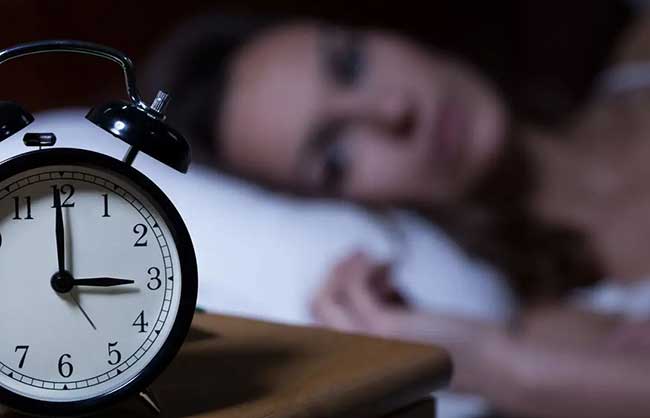Insomnia causes and symptoms affect millions worldwide, making it one of the most common sleep problems. It is defined as difficulty falling asleep, staying asleep, or waking too early, often leaving you tired during the day. Chronic cases can damage mood, energy, and long-term health.
What Is Insomnia?
Insomnia is not about the hours you spend in bed. It is about how restful your sleep feels. Even if you sleep eight hours, you may wake up exhausted, irritable, or unable to focus. Some people cannot fall asleep despite feeling tired. Others wake up at night and remain alert for hours.
Symptoms of Insomnia
Common signs include:
- Trouble falling asleep despite fatigue.
- Frequent waking during the night.
- Waking too early and unable to return to sleep.
- Relying on alcohol or pills to sleep.
- Daytime drowsiness, irritability, or poor concentration.
If these symptoms persist, insomnia may be chronic.
Insomnia Causes and Symptoms Explained
Half of all cases stem from stress, anxiety, or depression. Emotional health strongly impacts sleep quality. Medical conditions such as asthma, allergies, thyroid disease, or chronic pain can also trigger sleepless nights.
Certain medications—antidepressants, stimulants, blood pressure drugs, or cold remedies—interfere with sleep. Poor habits like irregular schedules, excessive caffeine, alcohol, or late-night meals make the problem worse.
Other sleep disorders, including sleep apnea or restless legs syndrome, can cause or worsen insomnia.
Habits That Worsen Sleep
Daily routines often reinforce insomnia. Drinking too much coffee, using screens late at night, or relying on alcohol as a sedative all disrupt sleep cycles. Napping too long or exercising too late also adds to the problem.
Keeping a sleep diary helps identify these patterns. Awareness allows you to change habits and restore healthy rest.
Improving Sleep Environment
Two powerful tools fight insomnia: a calm environment and a regular routine. Ensure your bedroom is cool, dark, and quiet. Use blackout curtains, fans, or white noise to block disturbances. Choose a mattress and pillow that support your comfort.
Stick to a consistent schedule. Go to bed and wake up at the same times, even on weekends. Avoid screens before bedtime since blue light reduces melatonin. Choose relaxing activities such as reading or meditation instead.
Anxiety and Insomnia
Anxiety and sleeplessness feed each other. Worrying about not sleeping only makes rest harder. Techniques like mindfulness, breathing exercises, and progressive muscle relaxation can break this cycle. Remove visible clocks to avoid stress from watching time pass. If you cannot sleep, leave the bed and do a quiet, calming activity until you feel drowsy again.
What to Do When You Wake at Night
Focus on relaxation, not forcing sleep. Try abdominal breathing, visualization, or progressive muscle relaxation. If thoughts keep you awake, jot them down and promise to revisit them in the morning. This prevents spirals of worry.
Insomnia Treatment Options
Supplements
- Melatonin helps regulate the sleep-wake cycle and is useful for “night owls.”
- Valerian root provides mild sedative effects, though quality varies by product.
Always consult a doctor before combining supplements with medications.
Medication
Prescription sleep aids should be a last resort. They may offer short-term relief but can worsen insomnia long-term. Use them sparingly and only under medical supervision.
Cognitive-Behavioral Therapy (CBT)
CBT is one of the most effective treatments for chronic insomnia. It helps reframe negative thought patterns and encourages healthier sleep behaviors. Studies show CBT works better than medication, without side effects.
When to Seek Help
If lifestyle changes fail and insomnia causes and symptoms persist, consult a sleep specialist. Bring detailed notes from a sleep diary to help with diagnosis and treatment.
Conclusion
Insomnia causes and symptoms can harm health, but they are treatable. By addressing emotional stress, improving habits, and creating a restful environment, most people can overcome sleeplessness. With the right strategies, restful nights and refreshed mornings are within reach.

